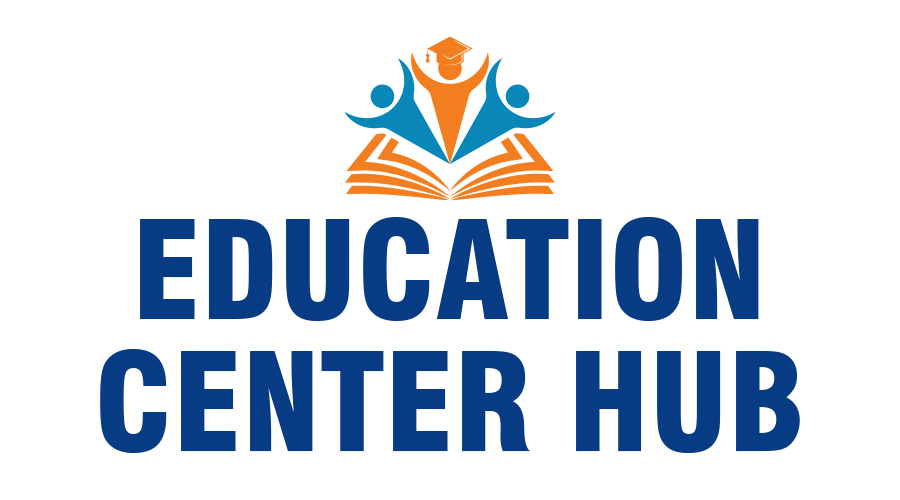Do you want the answer to the DBT therapy meaning? Dialectical Behaviour Therapy (DBT) is a therapeutic approach that originated to help individuals struggling with borderline personality disorder. However, its principles and techniques have proven to be beneficial for a much wider audience, including high school students dealing with the complexities of dbt therapy adolescence, emotions, and social pressures.
Understanding DBT: A Brief Overview
DBT, developed by Marsha M. Linehan, combines cognitive behavioural techniques with mindfulness strategies. It emphasizes the balance between acceptance and change, encouraging individuals to understand and manage their emotions effectively. The core components of DBT include mindfulness, distress tolerance, emotion regulation, and interpersonal effectiveness.
Tailoring DBT for High School Students
High school can be a challenging phase of life marked by academic pressure, social dynamics, and personal identity development. Integrating DBT into high school settings can equip students with valuable coping mechanisms and emotional regulation skills, enhancing their overall well-being. Here’s how DBT can be tailored to benefit high school students:
- Mindfulness Skills
Mindfulness is a fundamental aspect of DBT. Teaching mindfulness techniques, such as focusing on the present moment and acknowledging thoughts and feelings without judgment, can help high school students manage stress and anxiety associated with academic demands and social interactions.
Encouraging short mindfulness exercises during school hours or as part of a regular routine can significantly impact a student’s ability to stay calm and focused.
- Distress Tolerance
Distress tolerance skills equip students with strategies to cope with overwhelming emotions or distressing situations. High school students often face stressors, such as exams, peer pressure, or conflicts. Teaching distress tolerance skills like distraction techniques, self-soothing, or improving the moment can be invaluable for navigating these challenges.
By providing a toolkit of healthy coping mechanisms, DBT helps students manage intense emotions constructively, preventing impulsive or harmful behaviors.
- Emotion Regulation
Emotional regulation is a crucial aspect of DBT. Adolescents undergo intense emotional experiences during their high school years, making it essential to teach them how to recognize and regulate their emotions appropriately.
DBT helps students identify triggers, understand their emotional responses, and employ strategies like opposite action or problem-solving to manage their feelings effectively. These skills empower students to respond to situations in a manner consistent with their long-term goals and values.
- Interpersonal Effectiveness
Interpersonal effectiveness skills taught in DBT are vital for fostering healthy relationships and effective communication. High school is a time of social growth and development, and honing interpersonal skills can help students navigate friendships, conflicts, and romantic relationships.
DBT guides students in learning to express their needs, set boundaries, and effectively negotiate in various social scenarios, which are essential life skills.
The Role of Schools and Mental Health Professionals
Implementing DBT in high schools requires collaboration between educators, school counsellors, and mental health professionals. Schools can offer workshops, support groups, or integrate DBT principles into existing mental health programs.
Providing training for teachers and counsellors on DBT techniques ensures consistent and effective implementation. Additionally, schools can create safe spaces where students can practice and reinforce their newly acquired DBT skills.
Final Thoughts
High school is a pivotal time in a person’s life, and fostering emotional well-being and coping skills during this period is crucial. Dialectical Behaviour Therapy offers a structured and effective approach to help high school students navigate the complexities of their emotions, relationships, and personal growth. By integrating DBT into school environments, we can empower students to lead emotionally balanced and fulfilling lives both during their academic years and beyond.

